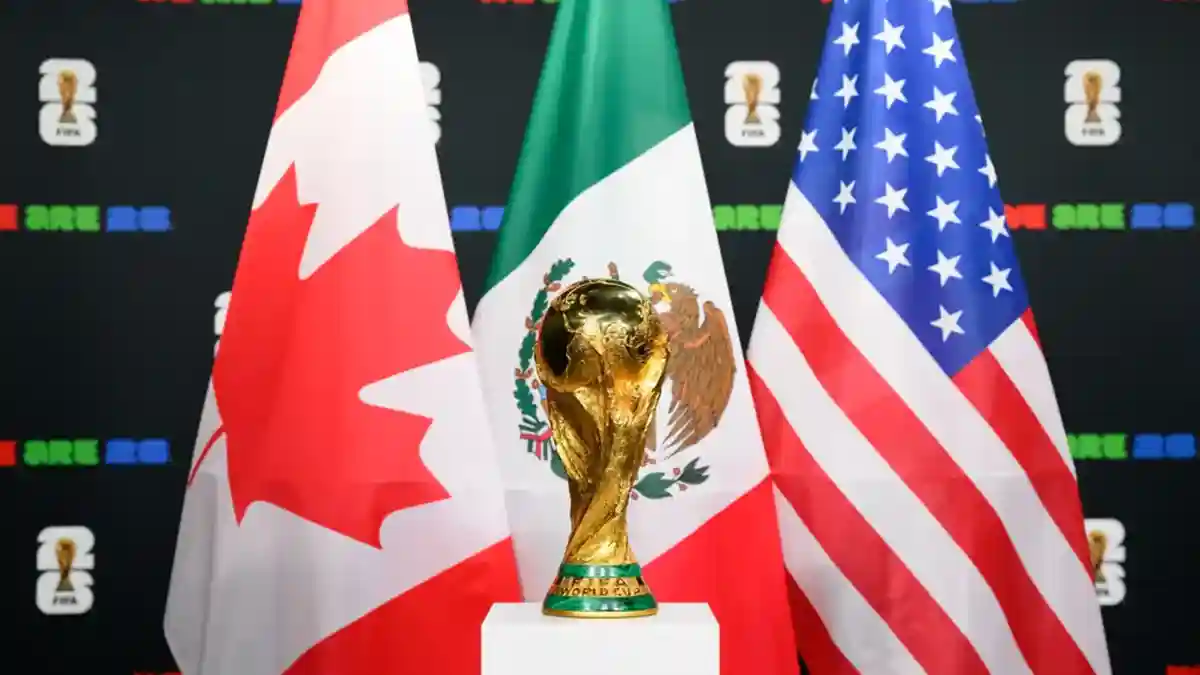The CATO Institute is defending FIFA’s decision to use dynamic pricing for the 2026 FIFA World Cup, calling the move “fair play” in a new commentary.
The libertarian think tank argued that allowing ticket prices to rise and fall with demand is an efficient way to allocate scarce seats for one of the world’s most in-demand sporting events. The 2026 tournament — the first to expand to 48 teams — is expected to draw record crowds across 16 host cities in the U.S., Canada, and Mexico.
| READ: From $60 to More Than $6K: FIFA’s Dynamic Pricing Plan for 2026 World Cup Tickets |
FIFA confirmed that while some tickets will remain at set prices, most will vary based on demand, similar to pricing systems used in concerts and major U.S. sports leagues. Critics, including New York City mayor-in-waiting Zohran Mamdani, have denounced the policy as “greed,” launching petitions to impose caps.
In its piece, CATO countered that fixed pricing would lead to shortages and misallocation, while dynamic pricing allows fans who value the experience most to secure seats — and noted that prices can decrease for less popular matchups.
While consumer groups have long warned that dynamic pricing can push events out of reach for average fans, CATO maintained that market-based pricing combined with FIFA’s official resale platform offers a “sensible” solution to distribute tickets fairly.
The Cato Institute, grounded in free-market philosophy, frames FIFA’s dynamic pricing strategy for the 2026 World Cup as a legitimate, even laudable move — one that reflects economic realities and promises to shift more surplus value back toward organizers rather than resellers. But whether fans and local regulators will see it as “fair play” depends largely on how openly FIFA communicates its pricing methodology, how steep the demand-based price increases are, and whether protections (for lower-income or local fans) are baked in.



